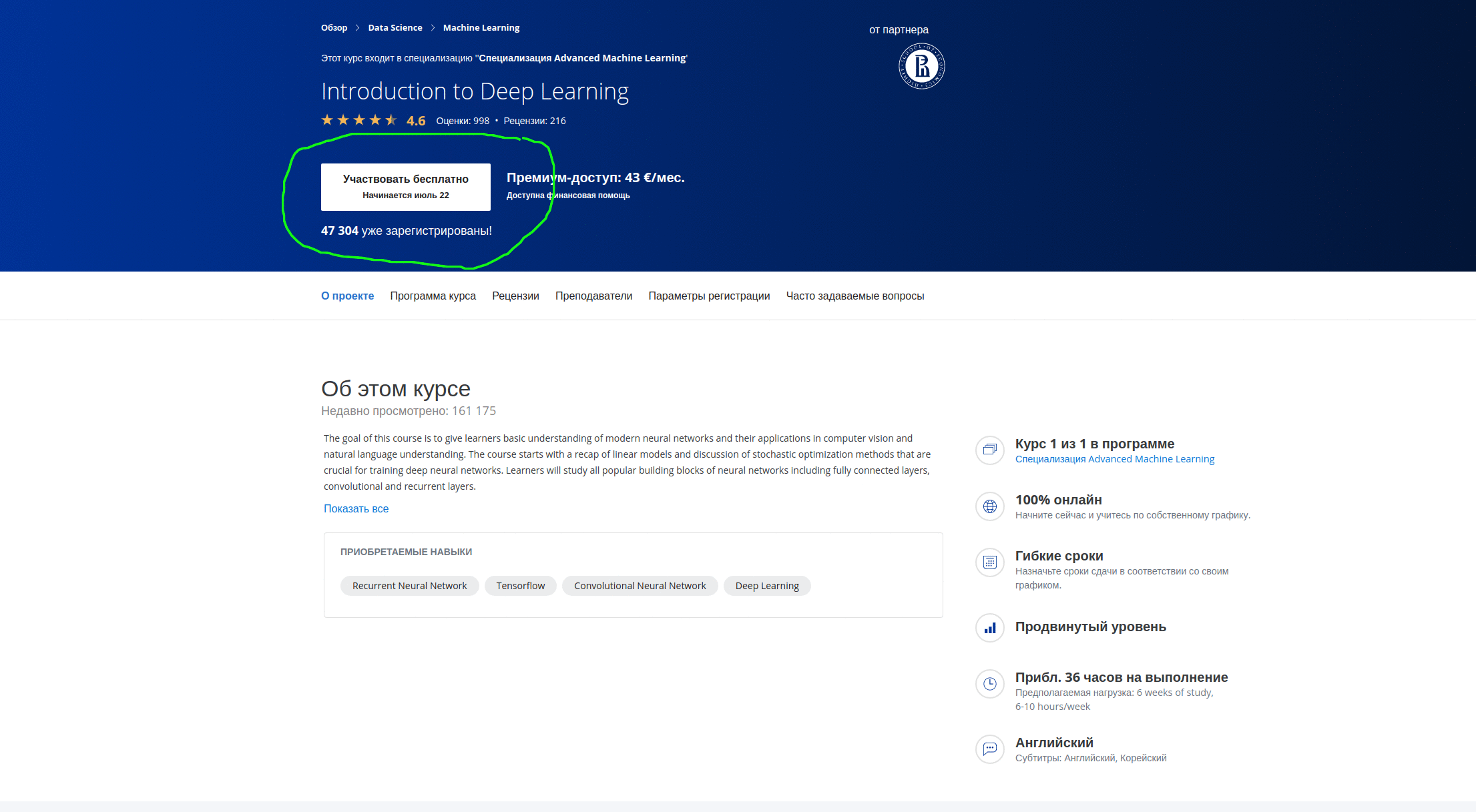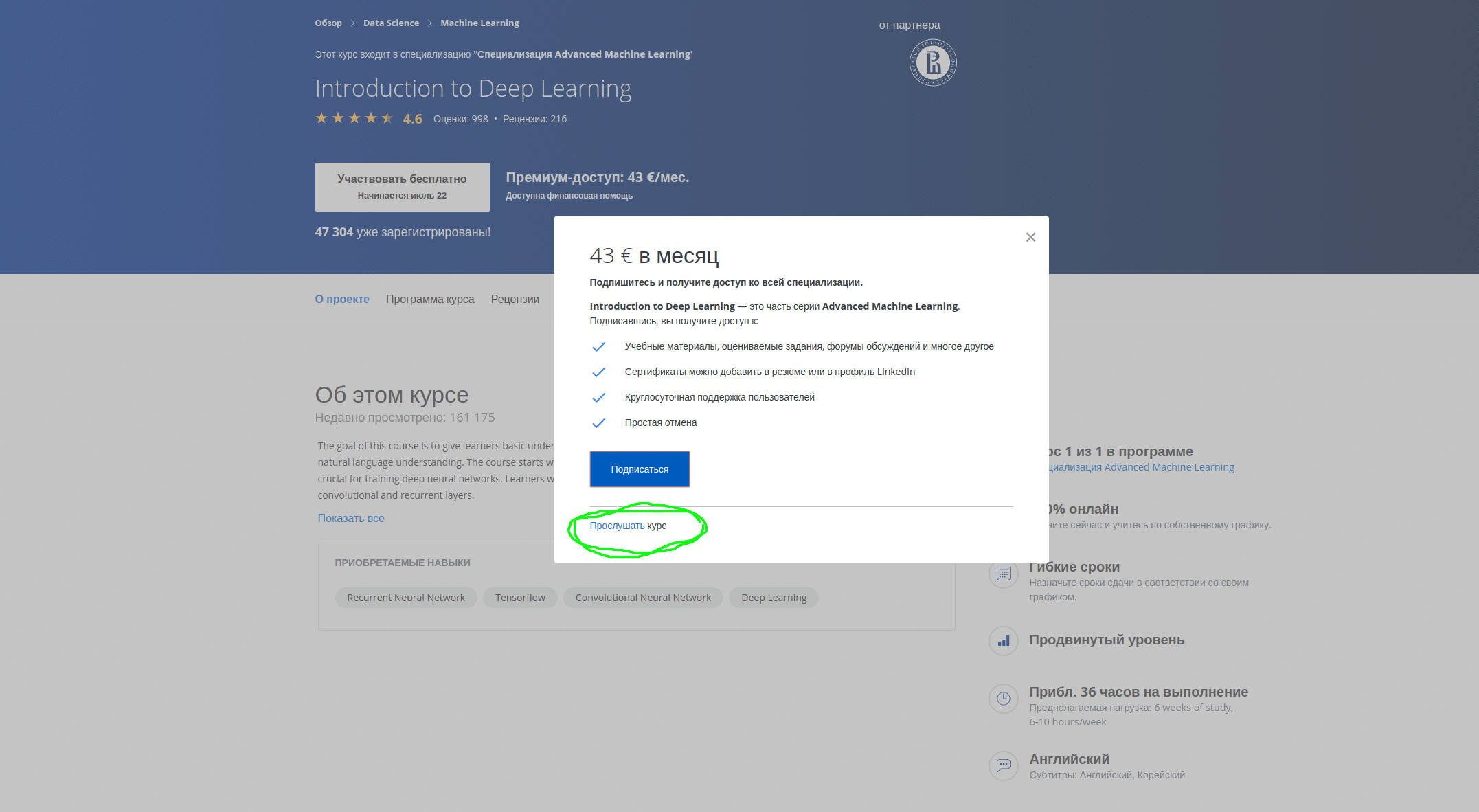Where they teach to teach (not only at the ped. Institute)
Who will benefit from the article:
- students who decide to take care of tutoring
- graduate students or specialists who were given a seminar group
- older brothers / sisters, when younger ones are asked to teach programming (cross-stitch, speak Chinese, analyze markets, look for work)
That is, to all those who need to be taught, explained, and who do not know what to grab, how to plan lessons, what to tell.
Here you will find: links to training courses and books on pedagogy and education, on materials on where to read about educational goals, on attracting attention and simplifying the material.

who I am and why I was looking for this information
I am a programmer, but I have been teaching since the junior years of the institute. She taught mathematics in grades 8–9 of evening school, taught python seminars, and has been teaching mathematics and programming for more than 5 years. However, despite the experience, I planned 1-2 lessons ahead and periodically saw an unanswered question on the faces of the students “Why are we learning this? Do we really need it? ” In the end, I decided to find out what can be improved in teaching and how. She examined all the materials that my hands reached.
So. Found materials on pedagogy and education. These are books, courses on the cursor and paid online courses.
')
Books
“The art of teaching. How to make any learning fun and effective ”Julie Dirksen.
If you don’t have time to look for information and take courses, but want to improve your teaching skills, read this book. She alone is a great example of how to make clear, memorable learning. It tells about motivation, the work of memory, how to bring students to the result and motivate them.
The author says obvious things that everyone has already known since childhood. But then comes the realization that you do not use this information in any way and that with its help you can greatly improve students' understanding of the material.
“Do not growl at the dog! The book is about training people, animals and himself. ” Karen Prior.
The book is about the laws of human and animal behavior. I recommend reading not only to teachers, but also to owners of naughty animals, parents and leaders. It tells you what feedback, positive reinforcements, and how they work. The book has turned my mind about punishments. She explained why the school so poorly teaches. You will find 75 pages of information, 100+ (not counted) examples about the application of various methods of training or persuasion. Not all information can be used for training, some of the information is applicable only to training.
“Mastery of the teacher. Proven Techniques by Outstanding Teachers ”Doug Lemov.
If you teach younger students in a group, this is a must for you. The book contains simple methods that will improve the results of your students. But if you teach adults in small groups, you will find little useful. In addition to tips on conducting the lesson itself, you can find information on how to arrange desks, how to plan a lesson, and how to greet students before the lesson
“The art of explaining How to make you understand perfectly”. Lee LeFever.
To get grains of useful information, you need to wade through heaps of stories and advertising of the author's company. But useful information about organizing a presentation and designing explanations can be pulled out.
Courses on Coursera
You can get all the materials for free (including some tests) if you listen to the course.
how to listen to the course on the cursor
On the trainer you can get the materials of most courses for free. There will be no access to graded courses, you will not receive a certificate, but all materials will be available to you.
To do this, click on the button to register for the course (namely for the course, not for specialization! This is important):

Below, after the offer to get the first 7 days for free, there will be a small inscription: “Listen to the course”

Press. Voila, you are magnificent. You have access to almost all course materials
To do this, click on the button to register for the course (namely for the course, not for specialization! This is important):

Below, after the offer to get the first 7 days for free, there will be a small inscription: “Listen to the course”

Press. Voila, you are magnificent. You have access to almost all course materials
“University teaching” from the University of Hong Kong.
A lot of information with examples of its application. How to write assignments, give feedback, engage students in learning, and more. Showing examples of real lectures and seminars, if you teach in large groups, I highly recommend watching. And here you will find many links to articles and studies of various techniques.
“E-Learning Ecologies: Innovative Approaches to Teaching and Learning for the Digital Age”
The course tells how digital technologies can improve the learning process for the better. There is little practical information, but listening is very interesting - we are now living during these changes and, perhaps, our children will learn according to new principles. It’s not about how to improve teaching skills, but how education can change now.
“Teaching Science at University” from the University of Zurich.
It looks interesting, but since there was already an overabundance of information, I did not look.
“Foundations of Teaching for Learning: Planning for Teaching and Learning”
She mastered only two lectures. I have not heard such a monotonous voice for a long time. It may be good material, but it’s very difficult to perceive. It can be used as an example, how not to do training. I recommend as a sleeping pill.
Paid Courses
You can find a lot of information needed to improve teaching skills for free. It’s worth considering paid courses if you want feedback, personal answers to questions.
“Fundamentals of educational design”
A two-month course with huge homework. This is a good place to go for handouts and check homework. On the course you will make a program for your course, analyze the audience, write down goals and think about how to motivate students. For everything done, get feedback. The course has a specific format - many short videos from 1 to 20 minutes. As a fan of two-hour 2x lectures, it was hard for me. The course does not yet have a normal page, but there seems to be another launch.
Foxford
I also found a lot of materials for retraining teachers here. I can’t say anything about them, I didn’t listen.
Conclusion
In conclusion - my personal top material:
- First read “The Art of Teaching.” Minimum time spent, maximum benefit.
- If you are doing well with your planning and learning objectives, see the course on the cursors from the University of Hong Kong. There you will find many tips that you can slowly put into practice.
- If you have a complete lack of understanding of what to do, from which end to grab onto the improvement of the program - go to the course "Fundamentals of Educational Design". Then they will put your brains in place and bring you by the handle from “ahhh, what and how to teach” to “wow.” and I have a cool plan. ”
Present interesting material, learn to teach student students and enjoy life :)
PS I will be glad to useful links and materials :)
PPS Are teaching notes interesting? Following the courses, I can talk about the analysis of the audience, setting learning goals, maintaining student motivation. Should I make a note about training?
Source: https://habr.com/ru/post/461211/
All Articles